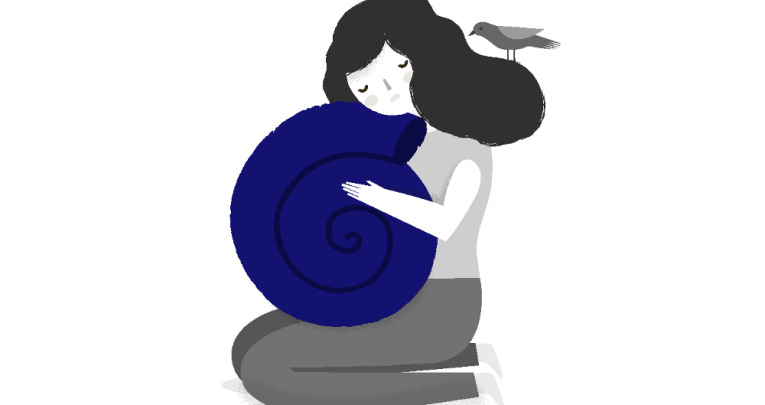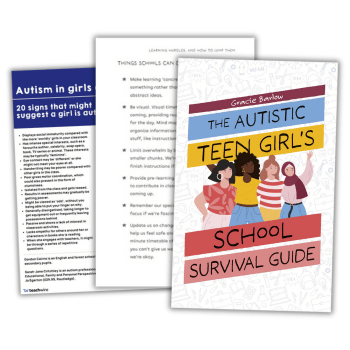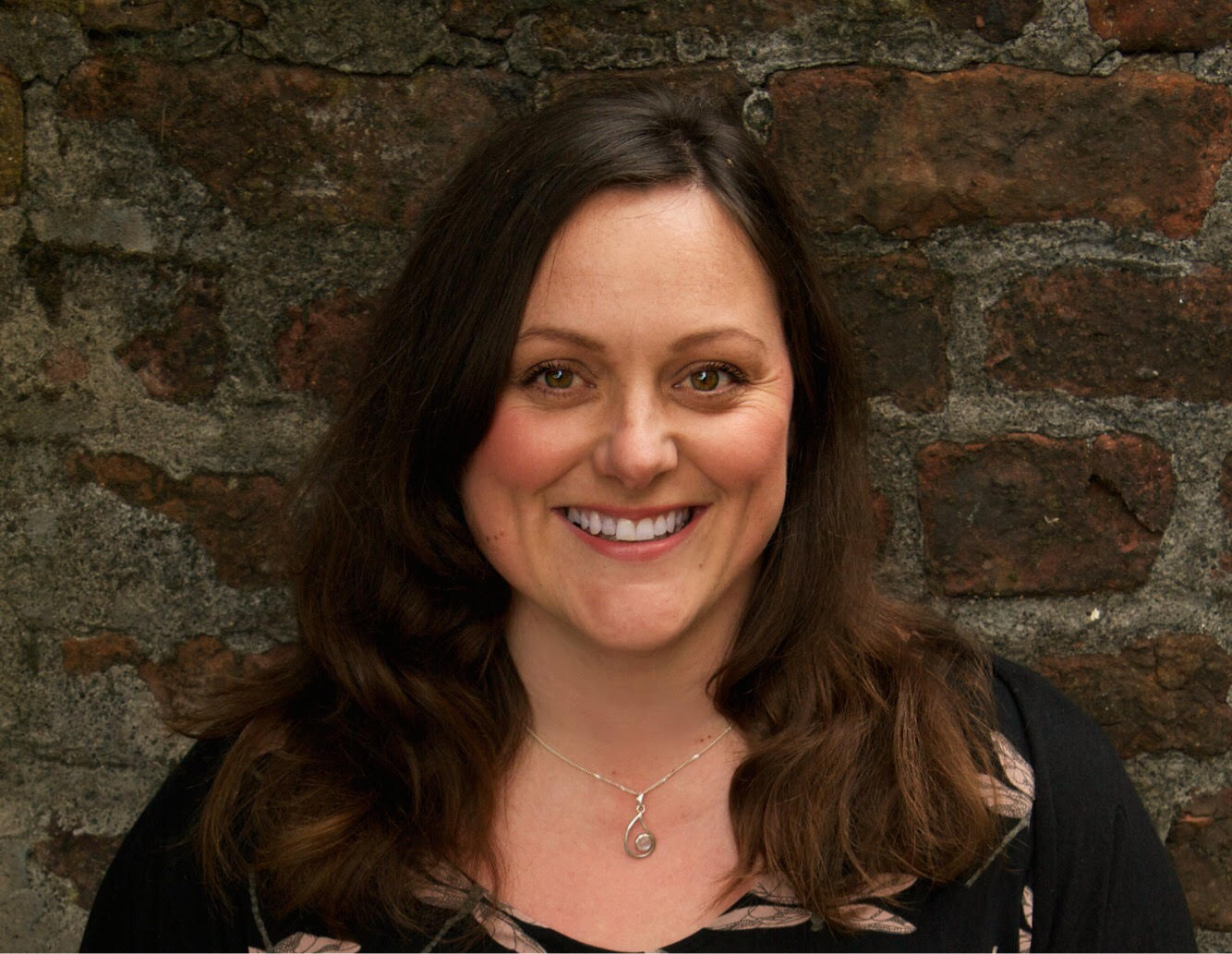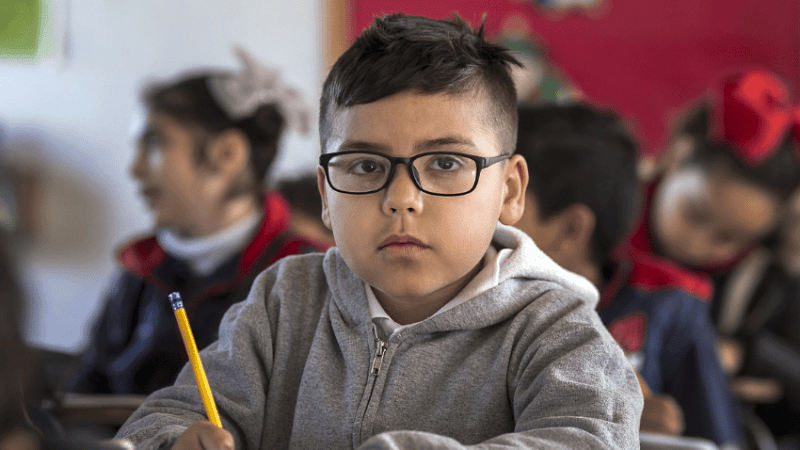Rachael Lucas knows what it’s like to be a young girl with autism, and to parent one

“As autistic females, we slip under the radar” – Rachael's latest novel could change the way you teach…

I am asked, often, if I wrote The State of Grace because I am the parent of an autistic teenager, or because I was an autistic teenager many years ago, before anyone had heard of Asperger’s Syndrome. The answer, I think, is both.
As autistic females, we slip under the radar. many of us don’t fit into the stereotypical maths genius box that people have been conditioned to expect from autism. We have friends and we work hard to ‘pass’. We get along socially – almost. But the process of doing so is exhausting, and often when we get home from school the mask begins to slip. That’s when the parents pick up the pieces, seeing an entirely different person from the one who holds it together through the day at school.
An exhausting existence
I wanted to write about how it feels to get to school in the morning already exhausted from the sensory overload of dealing with getting up – the onslaught of noise and smells and physical sensations. Travelling to school can involve a number of stresses and social interactions, and each change uses up energy, which can only be replenished with time alone. By the time an autistic teenager arrives at school she may already be flagging, just from negotiating the journey.
As a parent, I spent many years picking up the phone to calls from my daughter’s secondary school. I never quite knew what to expect. It might be a teacher telling me she’d failed to do her homework – because her organisational skills weren’t great, meaning unless there was scaffolding around the work she would forget the instructions, or lose the login she needed to do it online.
Sometimes it might be her head of year calling to ask why she insisted she needed to carry her bag with her at all times when the school rules stated clearly that bags must be stored in lockers. (The answer to that one – carrying a heavy bag helps her to feel secure and give her a sense of herself in physical space.) Or it might be a call to say she’d walked out of class because she’d had enough and could feel herself on the verge of a meltdown. A sensitive SEN teacher can make the difference between school being tolerable or unbearable – in our case, the SEN base was her safe place, and she was able to sit exams there and excuse herself from class if she found it too much.
Invisible issues
Many of these issues are difficult to appreciate in a pupil who appears to be getting by, and who experiences the world differently – but whose differences are not visible outwardly. There are increasing numbers of women being given an autism diagnosis in later life – many, as I was, when their daughters are diagnosed.
Writing about Grace, who is fifteen and experiencing the changes that many teenagers do – family stress, the first venture into a relationship, and changes in her sister who is growing up – was the perfect opportunity to show how life feels to an autistic person. Grace is funny, and kind, and forthright. She’s also stubborn and rude and thoughtless, sometimes – but aren’t we all?
A picture of empowerment
I wanted to write a novel which would help teenagers like Grace to recognise themselves in a story and say yes, this is how I feel. Seeing yourself reflected in the pages of a book is one of the most affirming experiences that a reader can have, and I wanted girls to read The State of Grace and feel that sense of affinity with her.
I also wanted teachers and parents to look at Grace’s inner world and realise that the smallest challenges are magnified for someone who is autistic. I hope that in doing so, I might help to make every day a bit easier for the people who read my book.
Rachael Lucas is the author of The State of Grace, Macmillan Children’s Books, £6.99. Browse more resources for Autism Acceptance Week.











